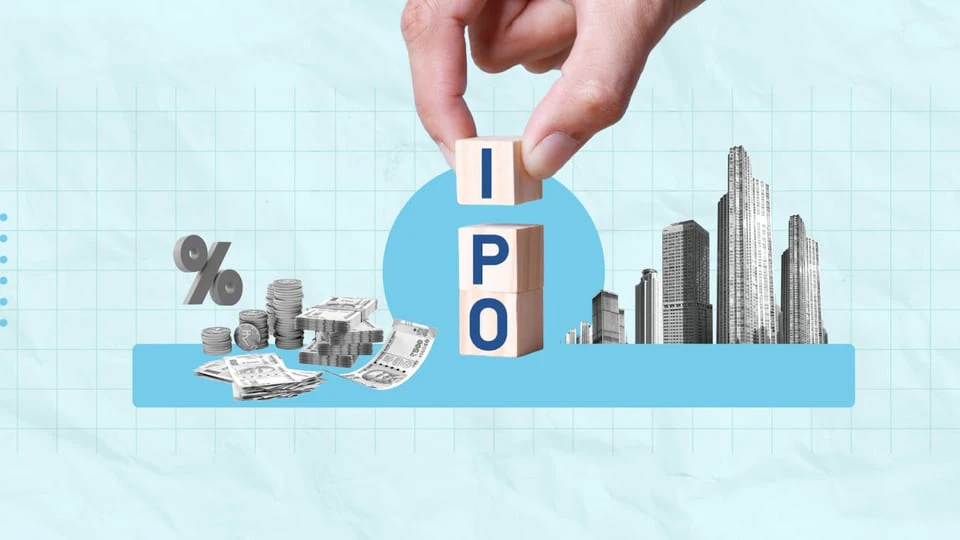Tata Group company Tata Capital Ltd is moving closer to going public. Tata Capital has filed updated draft red herring prospectus (UDRHP) with capital market regulator Securities and Exchange Board of India (SEBI) for its initial public offering (IPO).
As per reports, submitting offer documents prior to filing is an optional alternative approach for conducting an Initial Public Offering on the mainboard. Under SEBI regulations, firms looking to launch an IPO on the mainboard are required to “pre-file” the offer document with SEBI.
According to the updated draft red herring prospectus, the Tata Capital IPO includes both a fresh issuance and an offer for sale. The non-banking financial company (NBFC) will have Tata Sons Pvt. selling as many as 23 crore shares, while the International Finance Corporation plans to divest an additional 3.58 crore shares. Additionally, the company intends to issue up to 21 crore shares through a primary raise.
The book running lead managers of the issue are Kotak Mahindra Capital Company Ltd, Axis Capital Ltd, BNP Paribas, Citigroup Global Markets India Private Ltd, and HDFC Bank Ltd, while the registrar is MUFG Intime India Private Ltd (formerly Link Intime India Private Limited).
NBFC details
As per the CRISIL Report, Tata Capital ranks as the third-largest diversified non-banking financial company (NBFC) in India, boasting total gross loans amounting to ₹2,265.5 billion as of March 31, 2025.
It is recognised as one of the rapidly expanding large diversified NBFCs in India, with a compound annual growth rate (CAGR) of 37.3% in total gross loans from March 31, 2023, to March 31, 2025.
The organisation primarily targets Retail and SME Customers, with loans to these segments constituting 88.5% of their total gross loans as of March 31, 2025.
Their loan portfolio is well-diversified, featuring ticket sizes between ₹10,000 and over ₹1 billion, with more than 99.0% of their loan accounts having a ticket size of under ₹10 million as of March 31, 2025. Moreover, 79.0% of their total gross loans are secured, and their Organic Book represented over 99% of their total gross loans as of March 31, 2025.
